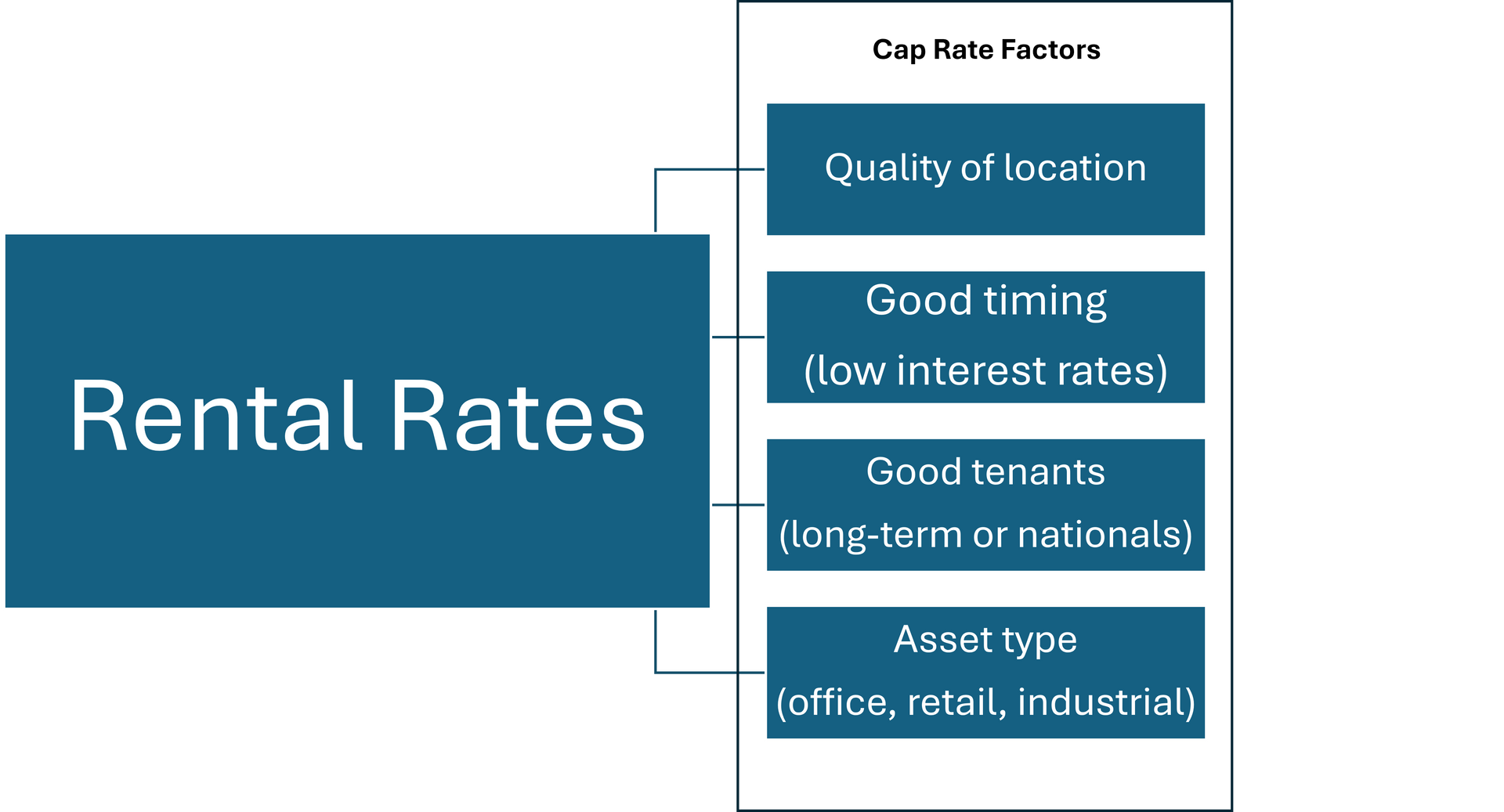How do personal guarantees work in commercial real estate
Tom Dean • February 2, 2021
Skin in the game

We're not lawyers, and nothing we say in this article is to be taken as legal advice. Always seek the advice of a knowledgeable and experienced lawyer. Check out this article from Dentons
for some great information.
So with that said, let's talk about personal guarantees.
What is a personal guarantee?
Investopedia
defines a personal guarantee as the following:
"The term personal guarantee refers to an individual's legal promise to repay credit issued to a business for which they serve as an executive or partner. Providing a personal guarantee means that if the business becomes unable to repay the debt, the individual assumes personal responsibility for the balance. Personal guarantees provide an extra level of protection to credit issuers who want to make sure they will be repaid."
In Alberta, all personal guarantees must be drafted by a lawyer, and parties must seek legal advice about what they're agreeing to.
In a lease context, the extent to which the guarantee affects the tenant depends on how the guarantee is written, and what its limits are.
A lease will typically be signed in the name of a company and not of the individual. So, 12345 Fake Alberta Ltd. will be on the lease, rather than Jane Doe. The tenant will have certain obligations under the lease agreement. Suppose 12345 Fake Alberta Ltd. (the tenant) is a corporation, and the corporation goes bankrupt. In that case, the landlord will have little recourse against the director (Jane Doe) without a personal guarantee in place. A personal guarantee can remove much of the protection the director of the corporation enjoys from being incorporated.
The landlord may ask for a personal guarantee for any reason, and whether or not it happens will depend on the tenant's willingness to sign.
If you have a clean and straightforward deal, there may be no need for a personal guarantee if the landlord believes the tenant has a strong covenant. But if the covenant is not great, and the landlord has been asked for work or other incentives, he may ask for a personal guarantee.
Some landlords will seek a personal guarantee for the full amount of the lease on every deal. This gives them a great deal of protection but may eliminate some tenants from wanting to lease with them.
Suppose a landlord provides a substantial amount of money for construction (TI allowance) or free rent (also known as fixturing periods) at the start of the term. In that case, they may seek to guarantee only this amount and accept the risk on the remainder of the lease. Typically a guarantee like this would cover all incentives on the deal,
"Jane Doe (the "Guarantor") agrees to personally guarantee the Tenant (12345 Fake Alberta Ltd.) for the landlord's cost of all incentives on this deal, including the value of free rent, all tenant improvement allowance, the landlord's work, and the broker's fees on the deal."
Other verbiage may include the total value of the guarantee declining over time as the landlord assumes more risk and the tenant establishes a track record of payment.
"Assuming the Tenant has not been in default of any terms of the lease, the personal guarantee will decline annually on a straight-line basis for three years. Starting from the full value of the guarantee, and declining by one third until it reaches zero at the end of year three."
Personal guarantees don't need to be personal
This is an odd statement, but a guarantee can come in many forms. If 12345 Fake Alberta Ltd, from the previous example is a holding company (a "holdco") with no assets, then the landlord may be willing to accept a corporate guarantee from the operating company (the "opco"). A guarantor is really just a cosigner who will be on the hook if the party entering the agreement fails.
Is a personal guarantee good or bad?
A personal guarantee is always to the benefit of the guarantee holder (the "obligor" or "principal"), but that doesn't mean it's bad. If signing a personal guarantee gets you a more favorable lease from your landlord, which results in the survival or thriving of the business, then signing the guarantee was a good thing. When it becomes a bad thing is when the business fails, or the landlord has to collect on the guarantee for some reason.
Are there alternatives?
It depends on the landlord and depends on whether the guarantee is a matter of policy or has to do with mitigating the landlord's risk somehow.
If the guarantee is about mitigating risk, then there should be alternatives. Here are three possible ways to eliminate the need for a guarantee associated with risk:
1. Reduce or eliminate incentives on the deal, thus minimizing the landlord's risk
2. Increase the deposit on the deal, so the landlord sees more skin in the game
3. Provide third party feasibility studies over and above and due diligence materials already provided (such as business plans, etc.)
You can also ask the landlord to roll the dice with you. But, they may see this as an unwillingness on your part to roll the dice on yourself! "If you have confidence in the business, then what's the issue with a guarantee?"
So what's the final verdict on personal guarantees
The personal guarantee can be a lifeline for the landlord, and the difference between taking a deal from a marginal tenant and not taking the deal. For the tenant it can be a risk, but only if the tenant fails to perform their obligations in some way.
And finally, a personal guarantee can be a tricky document, and a lawyer should be consulted if a personal guarantee is in play.












